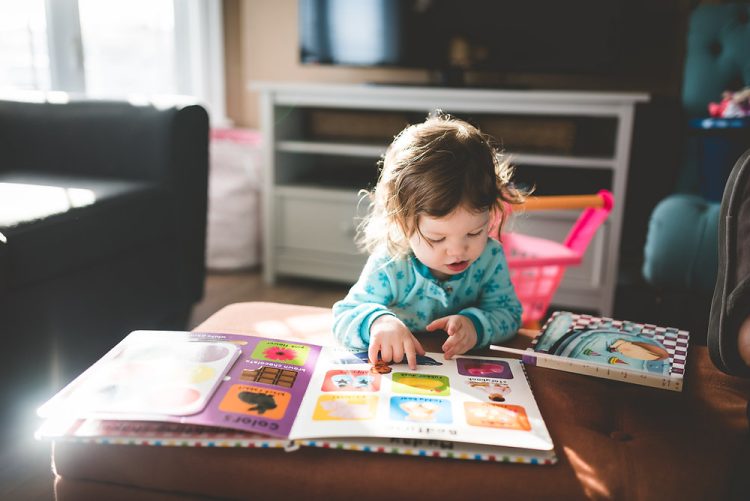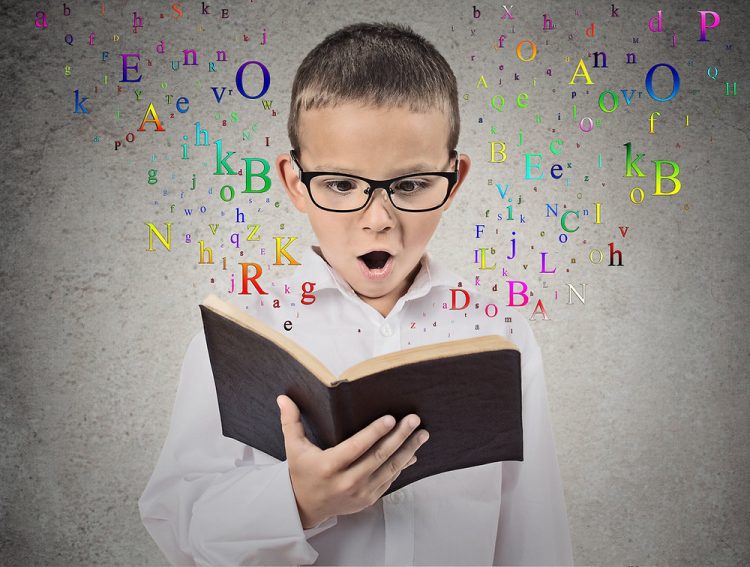
Speech and Language Milestones for Children
Speech and Language Milestones for Children. How Parents Can Keep Track of Communication Skills Development.
read more
Speech and Language Milestones for Children. How Parents Can Keep Track of Communication Skills Development.
read more
There are so many things we can do in everyday life to encourage language growth in our children. Whether you have an infant, toddler, or a school-aged child, there are limitless ways to add language enrichment to your day. Some activities, such as reading together and singing songs, are great across age groups. There are also many things you can do to maximize your child’s language growth based on your child’s age. Birth-2 Respond to your child’s babbling. Responding to your baby’s babbling
read more
In this article, we’ll take a closer look at Developmental Coordination Disorder (DCD)—so you can better understand how it’s diagnosed and treated. We hope it supports you in becoming a strong advocate and supporter of your child with DCD.
read more
As a parent, you know your child better than anyone. You’ve watched them grow and change, and have been their primary support system so far in their educational journey. But, when your child qualifies for therapy or other educational support services—you may feel like a proverbial fish out of water. Suddenly, you find yourself in uncharted waters—without a compass or map. How should you be involved in your child’s therapy? What can you do to help them? Is it best to just relegate yourself to the
read more
For most of us—motor skills aren’t something we have to think too much about. We need to accomplish something physical, and we simply execute the necessary movements to complete our desired action. Sounds easy, right? Think again. When you take a closer look at the intricate, coordinated movements that fill up our daily lives—it’s kind of amazing we’re able to accomplish SO MUCH, with such relative ease. In this blog, you will learn more about how motor challenges can impact children.
read more
You’ve most likely heard the term, dyslexia. You may even know a little bit about it. It’s the issue where people read words backwards and mix up their letters, right? Well…sort of. Here’s the thing—dyslexia is a bit more complicated than that. And, it shows up in more ways than you may realize.
This article will take you on a deep dive into dyslexia. We’ll explore what it is, what it isn’t, how it can impact students in school, and what types of treatment and assistance are available.

Do you remember learning to read? After a certain point, it kinda feels like a skill you’ve always had—the ability to look at symbols on a page and immediately make instant sense of them. But reading is basically a superpower. Don’t believe it? Check out our recent post, all about the wide-ranging importance of emergent literacy skills.
read more
Do you think your child is struggling with social communication? For many of us, social communication comes naturally and feels ingrained. We picked up appropriate social communication skills by observing the people around us from an early age. However, some children have difficulty learning and understanding our communication norms.If your child has trouble greeting or sharing information appropriately, changing their communication style to match a situation, or taking turns in conversation, th
read more
Sometimes, you just need a plan. If you’re a parent with a child in the school system, you’ve probably got plans in place for many aspects of your life.
In this blog post, we’ll examine some educational plans. You will learn more about IEPs and 504 plans, their similarities and differences, as well as taking the time to gain a deeper understanding of the unique facets of each approach, and whose educational needs they’re designed to serve.

On the surface, understanding what you hear seems simple and straightforward. But it’s not. In truth, processing what we hear so we can make sense of it is a highly complex undertaking, involving major parts of your brain as well as your ears. When you have APD, a spoken message gets received by your ears and sent to your brain, but along the way it gets mixed up. So it doesn’t arrive in the same condition in which it was sent.
read more